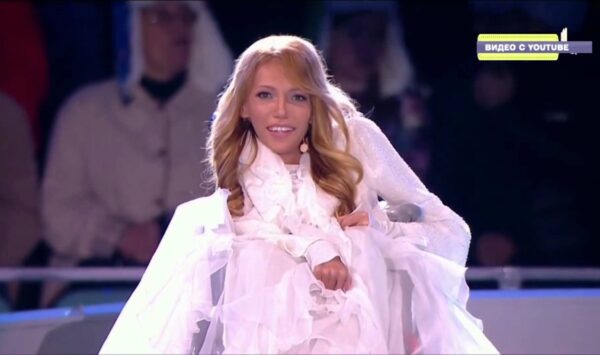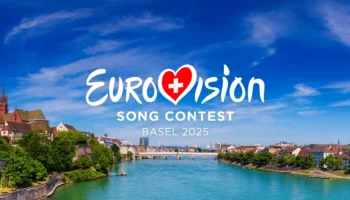Channel One, the official Russian broadcaster, has confirmed today that Russia will officially withdraw from the 2017 Eurovision Song Contest.
Earlier today, Channel One formally withdrew their application to compete in this year’s Eurovision Song Contest after failed negotiations between the European Broadcasting Union (EBU) and the Ukrainian Security Services.
This comes following the implemented travel ban on Russia’s selected representative, Julia Samoilova, which was introduced last month after it came to light that Samoilova had previously performed in Crimea back in 2015, breaching Ukrainian law in the process.
A ban length of 3 years was implemented by the Ukrainian Security Services, meaning that Samoilova would be unable to enter Ukraine until 2020.
Russia’s initially submitted entry for Eurovision 2017, Flame is burning.
Channel One reacts
Although Samoilova’s ban prevented her from entering the Eurovision host nation, the EBU offered both the singer and Channel One the opportunity for Samoilova to compete via satellite. This has been rejected by the Russian broadcaster, in which Channel One states a remote performance is “contrary to the rules and principles of the competition”.
A further option was granted to allow Channel One to still compete in the 2017 Eurovision Song Contest but with a different singer, an offer which Channel One states “cannot even be considered”.
Following today’s news, Channel One has also announced that the Russian broadcaster does not find it possible to either compete in nor broadcast the 2017 Eurovision Song Contest. The EBU has yet to release an official statement regarding the announcement from Channel One.
Channel One news announces withdrawal from Eurovision 2017.
A timeline of events
Back in March, it was revealed that Samoilova would be banned from entering Ukraine for a total of 3 years by the Security Services of Ukraine. This follows a concert which took place in 2015 which saw the singer performing in the annexed area, breaching Ukrainian law in the process by not passing through the de facto border.
Following the initial announcement, the EBU went on to release a statement revealing that, although having to respect the laws of the host country, there was disappointment with the decision made as they felt it went against the spirit of the contest and the notion of inclusivity that lies at the heart of its values.
So what could be done to ensure Russia’s participation in the competition? In fast response to the ban implementation, the EBU made an initial offer to Channel One which was to give Samoilova the chance to still compete at the contest – via satellite. This was an offer soon to be rejected by the Russian broadcaster.
The past number of weeks have seen a lot of ongoing talks regarding Russia’s forthcoming participation in the competition, but with little news as to a final outcome. With the Security Services of Ukraine remaining firm on their decision but members of the EBU expressing their dismay at the “unacceptable behaviour” of the Ukrainian services, was any other outcome really expected?




